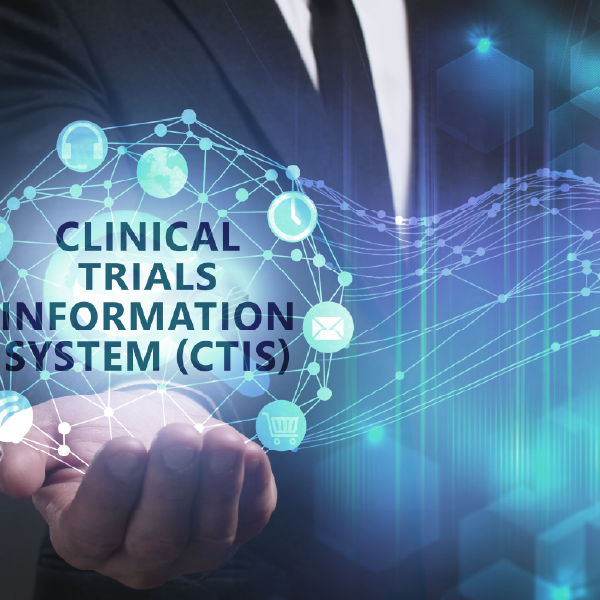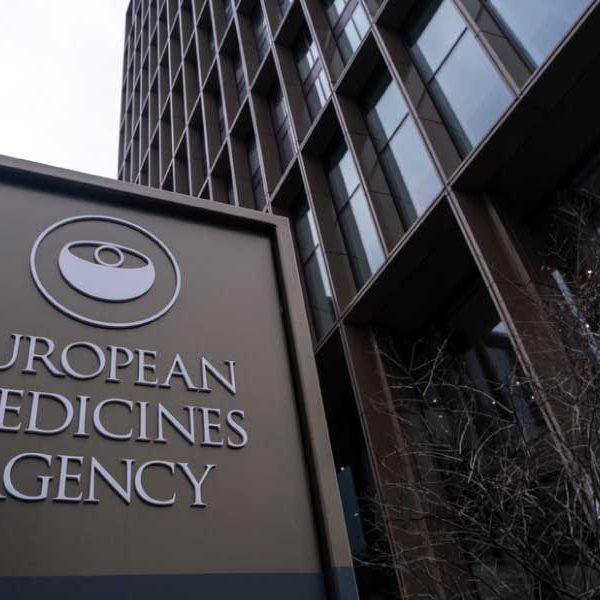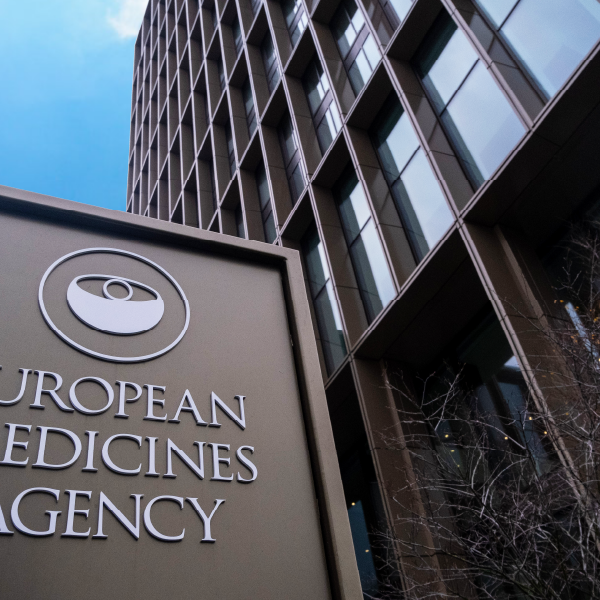Clinical Trial Disclosures 101: The Basics You Need to Know

As regulations around clinical trial data disclosure continue to increase in complexity, it can be difficult to keep up with the changes. We asked Raina Agarwal, Associate Director of Clinical Trial Disclosure, to give us a class in Clinical Trials 101 to go over the basics of this domain.
Q: Why do we need to disclose clinical trial data?
A: There are several drivers to disclose clinical trial details via protocol registration, reporting results and sharing clinical data and documents via regulatory agency-aided websites or sponsor websites. Some of the key reasons are listed below:
- Inform patients/investigators of research programs
- Inform healthcare professionals about ongoing trials
- Reduce unnecessary duplication of research & accelerate knowledge creation
- Improve trial participation
- Publish in peer-reviewed journals
- Transparency and build mutual trust
- Fulfil legal, statutory, and ethical obligations
Q: What are the key global registries and clinical data sharing platforms where pharmaceutical companies report their clinical trials?
A: Over 50 countries require reporting of clinical trial information in terms of registration, results, lay summaries, or anonymized clinical documents. The important platforms are listed here:
- ClinicalTrials.gov
- European Clinical Trial Register
- European Clinical Trials
- WHO IRCTP Network
- Health Canada
- European Medicines Agency Clinical Data Portal
Q: Why should a clinical trial be registered?
A: All interventional clinical trials need to be registered for ethical, scientific and moral obligations. According to the Declaration of Helsinki, “every clinical trial must be registered in a publicly accessible database before recruitment of the first subject.” The International Committee of Medical Journal Editors (ICMJE) requires and recommends that all medical journal editors require registration of clinical trials in a public trials registry at or before the time of first participant enrolment as a condition of consideration for publication.
Registering a clinical trial improves awareness about the ongoing research and facilitates recruitment of participants, receiving funds for the ongoing clinical research.
Q: What is the timeline for registering a protocol to the clinicaltrials.gov website?
A: Clinicaltrials.gov recommends registering a clinical trial within 21 days after the first patient is enrolled.
However, a clinical trial must be registered before the first participant is registered as per ICMJE requirements in order to meet the publication requirements.
Q: What is included in a Protocol Registration?
A: All primary and secondary outcome measures must be disclosed as per clinical trial protocol. It should also include study design, a list of interventions that will be administered in the trial, and inclusion and exclusion criteria. All participating sites are also required to be registered along with their contact information.
Q: What is the timeline for submitting results to the clinicaltrials.gov website?
A: Clinicaltrials.gov recommends reporting results of primary and secondary outcome measures within 12 months from primary completion date, or study completion date (whichever is an earlier date).
Q: What is an expanded access program?
A: An investigational drug can be made available through expanded access for participants who do not qualify for enrollment in a clinical trial. They can be
- individual patients, including emergency use
- for intermediate-size patient populations
- under a treatment IND or treatment protocol
Q: What is the purpose of protocol registration and results submissions?
A:
- Fulfil ethical obligations to participants and the overall contribution of research results to medical knowledge
- Promote more efficient allocation of research funds
- Provide a public record of basic study results in a standardized format
- Reduce publication and outcome reporting biases
- Facilitate systematic reviews and analyses of the research literature
Q: What happens if transparency compliance is not met?
A: Sponsors of clinical trials may face potential legal consequences including civil or criminal judicial actions, civil monetary penalty actions, and grant/ funding cancellations.
Making sure you are compliant with changing regulations can be challenging for an organization. MMS provides end-to-end transparency services supported by experts with experience in transparency regulations and requirements.
To reach out to a transparency expert, email info@mmsholdings.com.











